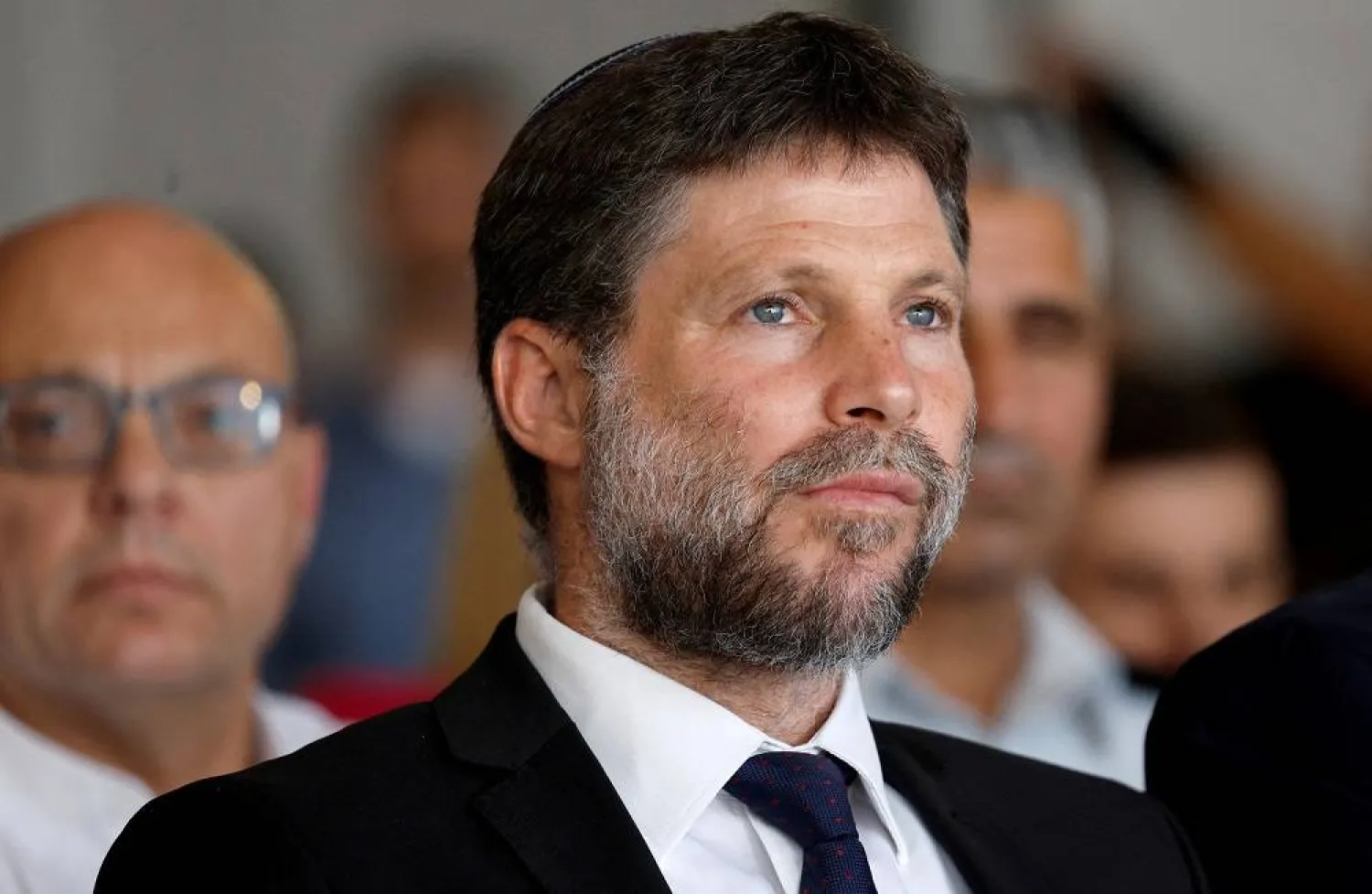Israeli Finance Minister Bezalel Smotrich hit back at critics of the government's proposed war time budget on Monday, ahead of a vote that has already created a rift between centrist and far right members of Prime Minister Benjamin Netanyahu's cabinet.
On Sunday, centrist Minister Benny Gantz demanded that Netanyahu remove all political payouts from the new budget, saying they will harm the war effort. Those include so-called "coalition funds" intended for settlements in the occupied West Bank and for the ultra-Orthodox Jewish education system.
Smotrich said the funds going there, about 4.9 billion shekels ($1.3 billion) according to the proposal and down from a prior 5.8 billion, were being mislabeled and that they would amount to less than 1% of the budget. He called the criticism a deceitful campaign spearheaded by hostile media.
The row over devoting funds to settlements comes at a sensitive moment for Israel as it seeks to mobilize international support for the war in Gaza.
There has been deep unease, even among countries friendly to Israel including the United States, about the continual expansion of Jewish settlements into land the Palestinians want as the core of a future independent state.
Josep Borrell, the EU's foreign policy chief, said that he was "appalled" at the funds.
"This is not self-defense and will not make Israel safer. The settlements are grave IHL (international humanitarian law) breach, and they are Israel’s greatest security liability," he said on X.
The pro-settlement Smotrich said those funds had been cut back and urged Gantz's party members to "come to their senses" and vote for the budget, even as the allocated funds drew ire abroad and anger from the Palestinians.
A spokesperson for Palestinian President Mahmoud Abbas said more money going to the settlements in the occupied West Bank, as Israel wages war against Hamas in Gaza, would have dangerous repercussions.
Gantz on Sunday said that should the government meeting take place and the budget remain as is, his faction would "vote against the proposed budget and weigh its next steps".
The former defense chief, who has emerged as Netanyahu's primary political rival, left the opposition to join him in a small-forum war cabinet shortly after Hamas' Oct. 7 killing spree through southern Israel that sparked the war in Gaza.
Under the coalition agreement Netanyahu struck with Smotrich and the heads of other religious and far-right parties after last year's election, billions of dollars are due to be set aside for ultra-Orthodox and far-right-wing pro-settler parties.
Israel's central bank and hundreds of economists have also called on the government to scrap funds not vital to financing the war.









